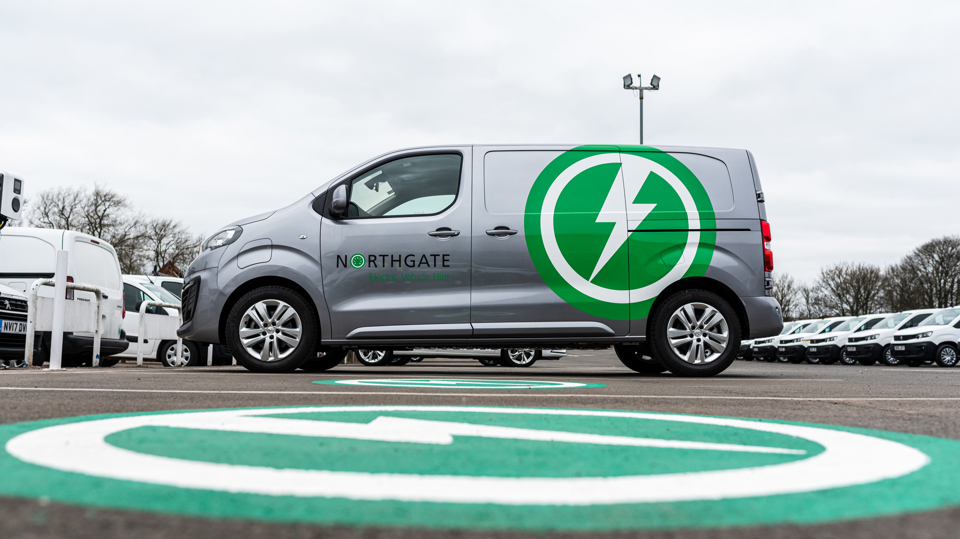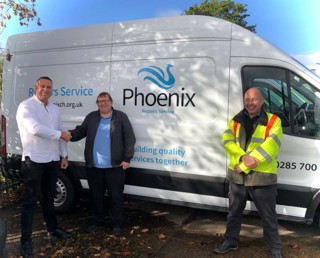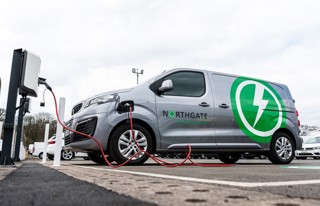Northgate is advising fleets to reduce their CO2 emissions by improving the utilisation of their light commercial vehicles (LCVs) before they begin their electrification journey.
The company has identified multiple fleets where the move from diesel to electric vehicles (EVs) will take years, but it is still encouraging them to get their vehicles and drivers working more efficiently as part of an overall CO2 emission reduction process.
Greater vehicle utilisation and improved driver behaviour behind the wheel will not only reduce carbon emissions but also fuel costs, it says, making a company’s transition towards zero emissions as smooth as possible.
Neil McCrossan, Northgate’s sales and marketing director, explained: “By measuring and then improving the utilisation of vehicles and drivers, companies will immediately reduce their carbon footprint even before they move to electric vehicles.
“When a company is ready to switch to EVs these insights and data will be vital when helping decide which drivers and electric LCVs to put on individual delivery routes.”
Northgate is recommending installing telematics to help fleets track their vehicle journeys and utilisation plus record individual driving styles to enable them to influence and improve driver behaviour.
Better route management also immediately reduces mileage, fuel costs and therefore emissions.
Right sizing vehicles is another conversation that Northgate has with operators particularly around downsizing based on the capacity and weight of loads being carried which can have an immediate impact on carbon emissions.
Northgate also believes driver training and fuel cards have their part to play.
By improving driver behaviour, fleets can ensure they get the best out of their vehicles which reduces wear and tear and emissions. Issuing a self-service vehicle inspection app to drivers also enables regular monitoring of a vehicle’s condition whilst supporting safety and compliance, it says.
All vehicle and driver data will help influence the electric LCVs that best match individual operator journeys when they start their EV onboarding process.
“None of this initial work to reduce carbon levels will go to waste prior to EVs being added to a fleet,” said McCrossan.























Login to comment
Comments
No comments have been made yet.